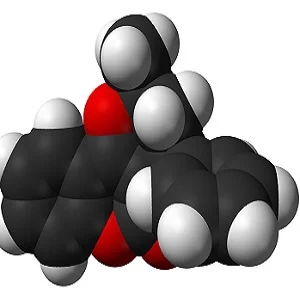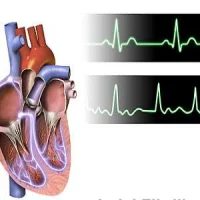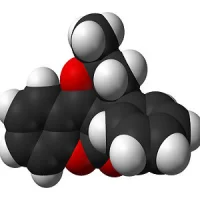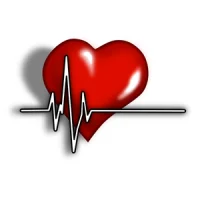New research presented at EuroHeartCare 2016 shows that patients have poor knowledge of warfarin which could increase their risk of serious side effects.
Dr Kjersti Oterhals, a nurse researcher at Haukeland University Hospital in Bergen, Norway said, “The stroke and bleeding complications from warfarin can be fatal, Worldwide warfarin causes the most deaths from drug-related side effects. Patients need to know what foods and drugs have an impact on how warfarin works, and what to do if they have symptoms of an overdose or underdose.”
Taking too much warfarin can increase the risk of bleeding and that is why patients on warfarin are advised to take individually tailored doses that are based on their genes, diet, drugs and physical activity. Patients are usually monitored with a daily blood test initially to check their international normalised ratio (INR) which indicates how long it takes the blood to clot. As explained by Dr. Oterhals, an INR of 3 means it takes 3 times longer to stop bleeding than it would take with someone not on warfarin. Therefore, if the INR is below the target range, the patient is at risk of thrombosis and bleeding complications. He also explained that lack of knowledge about food and drugs that interact with warfarin can lead to INR levels that are outside the recommended range.
The study comprised of 44 patients with aortic stenosis and on warfarin. 63 percent of the patients had a mechanical heart valve while 24 percent suffered from atrial fibrillation. 70 percent of the study participants were male and the average age of the study group was 68 years. All patients received a postal questionnaire with 28 multiple choice questions about warfarin. On average, 18 questions were answered correctly but the least correct answers were related to food and drug interactions and when to call a doctor. Only 25 percent of the participants could identify correctly which foods interfered with warfarin.
Dr Oterhals concluded: “Warfarin is a life saving drug but can be deadly if not used carefully. Health professionals have a responsibility to educate patients but unfortunately even cardiac nurses do not know enough.2 There is an urgent need to improve health professionals’ warfarin knowledge so they can educate patients.”
Source: EuroHeartCare 2016
Image Credit: Wikimedia Commons










